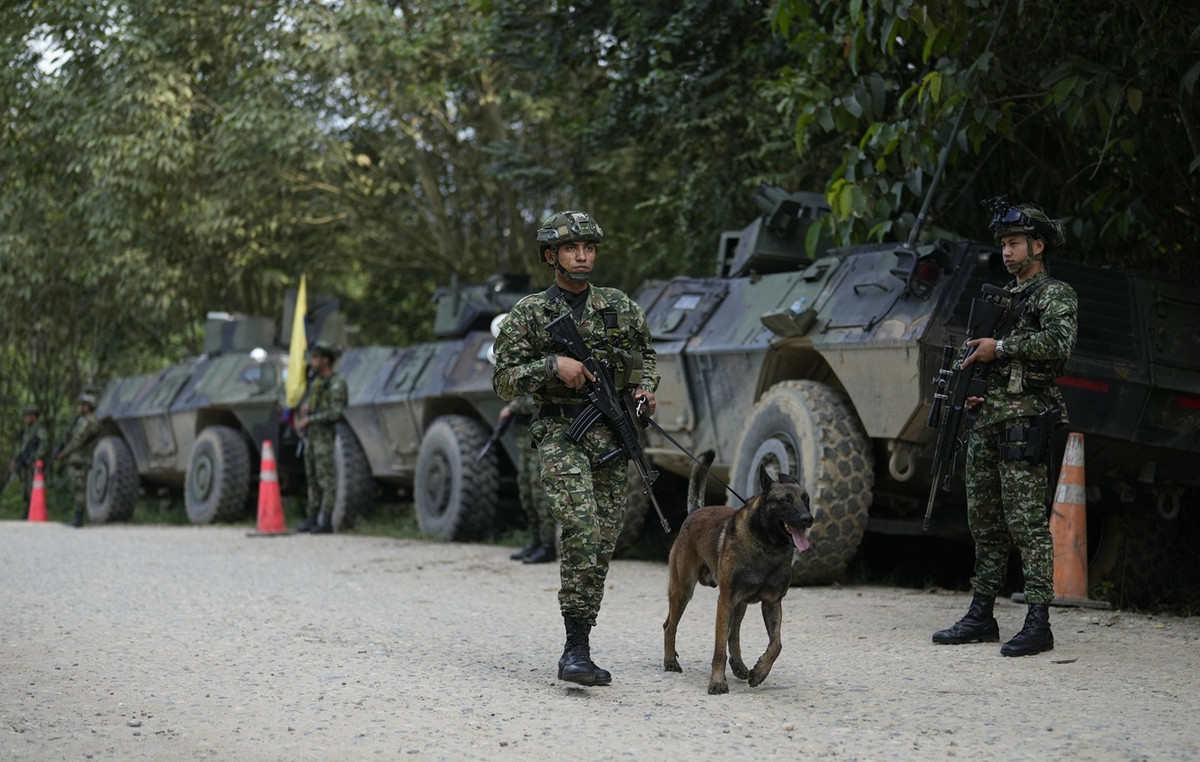Every year since the start of Covid-19, there has been an increase in coronavirus activity after Christmas, New Year's Eve and other winter holidays.
Even before this year's holidays, the US Centers for Disease Control and Prevention (CDC) had already warned that hospitalizations associated with Covid were rising, along with hospitalizations for flu and respiratory syncytial virus (also known as RSV).
While many people took steps before and during the holiday season to reduce their risk of contracting these viruses, others attended large gatherings, exposing them to higher risks.
What can we do now to reduce the transmission of the virus to vulnerable family members? If they develop symptoms, what should they consider when deciding what to do – for example, when to get tested, seek medical care and not go to work or school?
To help us with these questions, I spoke to wellness expert Dr. Leana Wen. Wen is an emergency physician and professor of health policy and management at the George Washington University Milken Institute School of Public Health. She previously served as Baltimore's health commissioner.
CNN: What steps should people who attended large gatherings during the holidays take now to reduce the transmission of Covid-19 and other viruses to vulnerable family and friends?
Leana Wen: With so much virus activity around us right now, people who have been participating in large gatherings and other activities in crowded indoor spaces with minimal precautions should be aware that they may have contracted the coronavirus, flu, RSV, or any number of circulating viruses. . Even if they are not worried about getting sick, they should try to reduce the possibility of transmitting these viruses to vulnerable individuals with whom they have close contact.
For example, consider postponing a visit to a family member who lives in a nursing home or who has had an organ transplant and is taking immunosuppressant medications. If the visit is already scheduled, plan to do it outdoors. If it must be indoors, you should both wear high-quality, well-fitting masks. Avoid sharing a meal indoors.
CNN: Does this even apply to people who don't have symptoms?
Wen: Yes. You can be infected and asymptomatic. You may also be presymptomatic, which means you may be contagious and develop symptoms in the next few days. Don't risk making someone else sick. It is best to avoid close contact with vulnerable individuals for about a week after high-exposure events.
CNN: Is it worth getting tested before seeing your loved ones?
Wen: You could do a rapid home antigen test that would screen for Covid-19. This test does not detect 100% of coronavirus cases, but it can help identify people with a high viral load. The problem, however, is that there are no home tests for other viruses, so a negative coronavirus test doesn't mean you can't also carry the flu, RSV, or other contagious pathogens. That's why, as a precaution, it's wise to follow the steps above when interacting with someone who is particularly vulnerable to serious illness caused by respiratory viruses.
CNN: If someone develops symptoms, should they get tested right away? And if so, for what?
Wen: It's no surprise that some people who attend large events later develop symptoms of coughing, sneezing, fever, and more. Not everyone with symptoms needs to be tested. The most important reason to get tested is if you plan to take antiviral medications for Covid-19 and flu. If they are eligible for treatment, they should take these two tests and call their healthcare provider to find out how they can access these antivirals. Another reason to test is if they have been around vulnerable individuals who would want access to antivirals if they tested positive.
This way, if you are sure, you can inform others with whom you have had recent contact. The two most important tests to perform are for Covid-19 and influenza, because these are the viruses for which specific antiviral treatments exist.
CNN: When should people seek medical care?
Wen: Most viral symptoms self-resolve, meaning they go away on their own. People can use supportive treatments such as rest, fluids, and medications to reduce fever. I mentioned above that there are individuals who would benefit from specific antiviral therapy for Covid-19 and influenza.
Those eligible should not delay in contacting their healthcare providers because it is essential to start antivirals early in the illness. This includes elderly individuals and those with underlying chronic illnesses, who are more likely to become seriously ill if they contract these viruses.
Other individuals who are especially prone to negative outcomes from respiratory illnesses should also contact their care providers early to ensure proactive monitoring is in place. These patients would include newborns and individuals with severe heart and lung disease, as well as immunocompromised conditions. For everyone else, symptoms that should prompt you to seek medical care include difficulty breathing, chest pain, persistent fever, and inability to keep fluids down.
CNN: Should people with symptoms stay home from work or school? If yes, for how long?
Wen: It's generally good practice to stay away from others when you're just starting to become symptomatic. This period, when you first develop symptoms, is usually the time when you are most likely to spread viruses. It is not enough to have a negative test for one virus, as you may have other contagious ones. In terms of returning to work and school, follow the guidance from your workplace or school. For example, many schools ask that children not return until they are at least 24 hours fever-free without taking fever-reducing medication.
Most places probably won't require people to be completely symptom-free. After all, even after a mild cold, people often have a persistent cough that can last for weeks after symptoms begin.
CNN: If people haven't received their Covid and flu vaccines yet, is it too late now?
Wen: No. These viruses are still circulating. The CDC is encouraging patients to get these shots. There is also an RSV vaccine available for people aged 60 and over. Vaccination reduces the chance of contracting viruses and, crucially, it reduces the chance of becoming seriously ill.
Source: CNN Brasil
I am an experienced journalist and writer with a career in the news industry. My focus is on covering Top News stories for World Stock Market, where I provide comprehensive analysis and commentary on markets around the world. I have expertise in writing both long-form articles and shorter pieces that deliver timely, relevant updates to readers.







